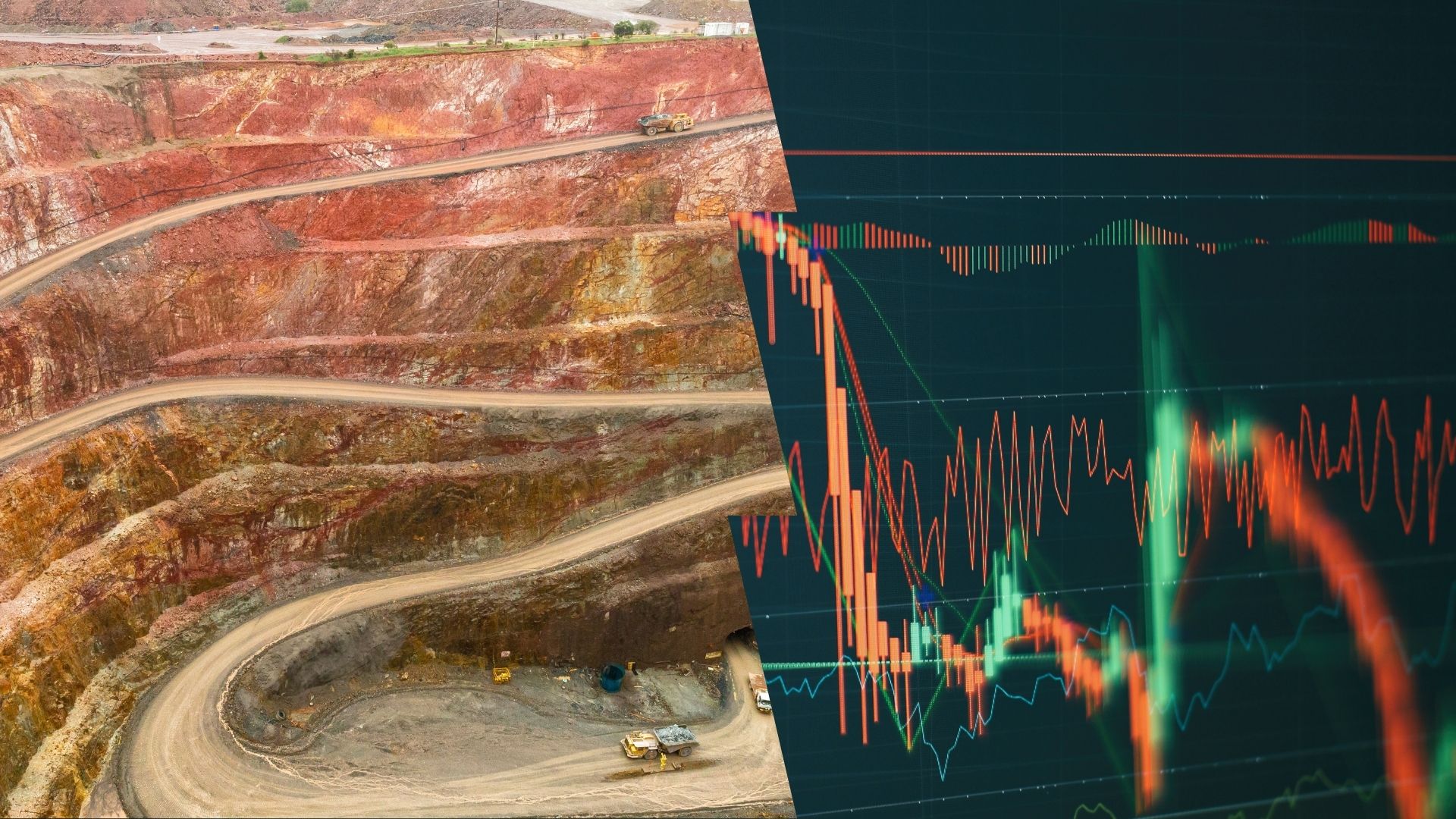London’s centuries-long dominance as the world’s financial hub for the mining industry is waning, as capital increasingly flows to Australia and Canada, where risk appetite is stronger and giant pension funds provide robust backing. The shift marks a significant departure from an era where fortunes were made in the City of London on speculative, global mining ventures.
From Imperial Capital to Financial Backwater
For centuries, any geologist or mining engineer who struck upon a lucrative deposit would inevitably turn to London to secure the necessary finance. This status survived the twilight of the British Empire, with major players like Rio Tinto, Anglo American, and Consolidated Goldfields having been built through London’s financial markets.
The Data Tells a Stark Story
The decline is quantified in recent data. Over the past decade, the collective market capitaliыation of miners with a primary London listing has fallen behind that of the stock exchanges in Australia (ASX), Toronto (TSX), and New York (NYSE).
| Exchange | 2015 Primary Listings (Market Cap) | June 2025 Primary Listings (Market Cap) |
|---|---|---|
| London (LSE/Aim) | 134 ($300bn) | 109 ($233bn) |
| Australia (ASX) | 662 ($233bn) | 712 ($385bn) |
| Toronto (TSX) | 1,119 ($132bn) | 886 ($439bn) |
| New York (NYSE) | 32 ($117bn) | 44 ($349bn) |
Sourse: https://www.telegraph.co.uk
The drop for London was exacerbated by BHP, the world’s biggest miner, abandoning its primary London listing in early 2022.
The disparity is even more pronounced in new capital raising:
- Over the past 10 years, Australia saw over 300 mining IPOs compared to just 37 in London.
- Australian follow-on capital raisings totaled nearly 4,900, bringing in $53 billion, against London’s 886 raisings for only $14 billion.
The Root of the Problem: Risk Aversion
Mining executives, speaking anonymously to avoid damaging relationships, point to a single core issue: London has lost its appetite for risk.
“If you’re looking to tap into capital for exploration, forget it,” one executive stated, recounting a failed attempt to raise funds for an early-stage project in London. He noted that London institutions are primarily focused on “the bigger end of town,” seeking much larger transactions and development funding, not speculative exploration.
Another executive lamented the shift, claiming that London is “no longer innovation-focused or active,” suggesting the City has become “more of a legal centre than a financial centre.”
ESG and ‘Mum-and-Dad Punters’
Further contributing to the trend is the European focus on Environmental, Social, and Governance (ESG) factors. “Investment funds have criteria around whether or not something is a clean and green industry,” one source explained, arguing that mining continues to be viewed negatively in Europe.
In contrast, Australia benefits from a deeply ingrained mining culture. “The mining industry is in the blood. It’s well-understood, well-owned, well-followed,” a senior Australian executive commented. Crucially, Australian pension funds are heavily exposed to mining (which comprises up to a quarter of the ASX), and even retail investors—the ‘mum-and-dad punters’—are willing to “chuck in 10 grand” on highly speculative, ‘blue-sky’ exploration projects.
Efforts to Maintain Relevance
Despite the stark data, the London Stock Exchange (LSE) is not completely out of the picture. The LSE recently issued a consultation paper on ways to make its start-up market, Aim, more attractive.
Furthermore, some industry observers remain optimistic. Greek miner Metlen’s recent summer listing in London, saying the move indicates the company sees an “attractive pool of investors, who understand the industry.” Anglo American has affirmed it will retain its primary listing in London when it merges with Canadian rival Teck Resources, a vote of confidence in the City’s understanding of natural resources.
The UK Government is also attempting to shift the landscape by introducing policies aimed at encouraging individual investors and pension funds to embrace equity investing, similar to the model used in Australia.

